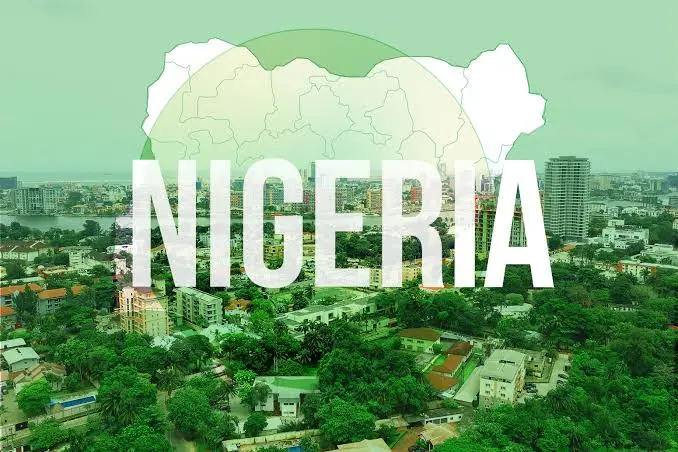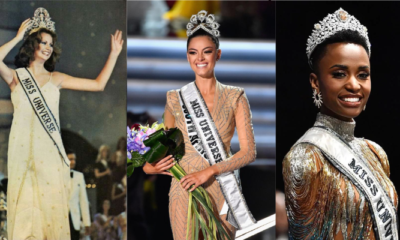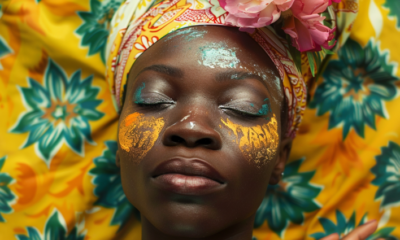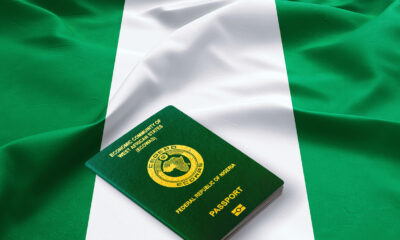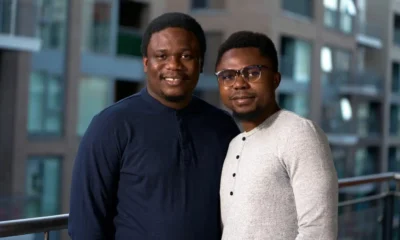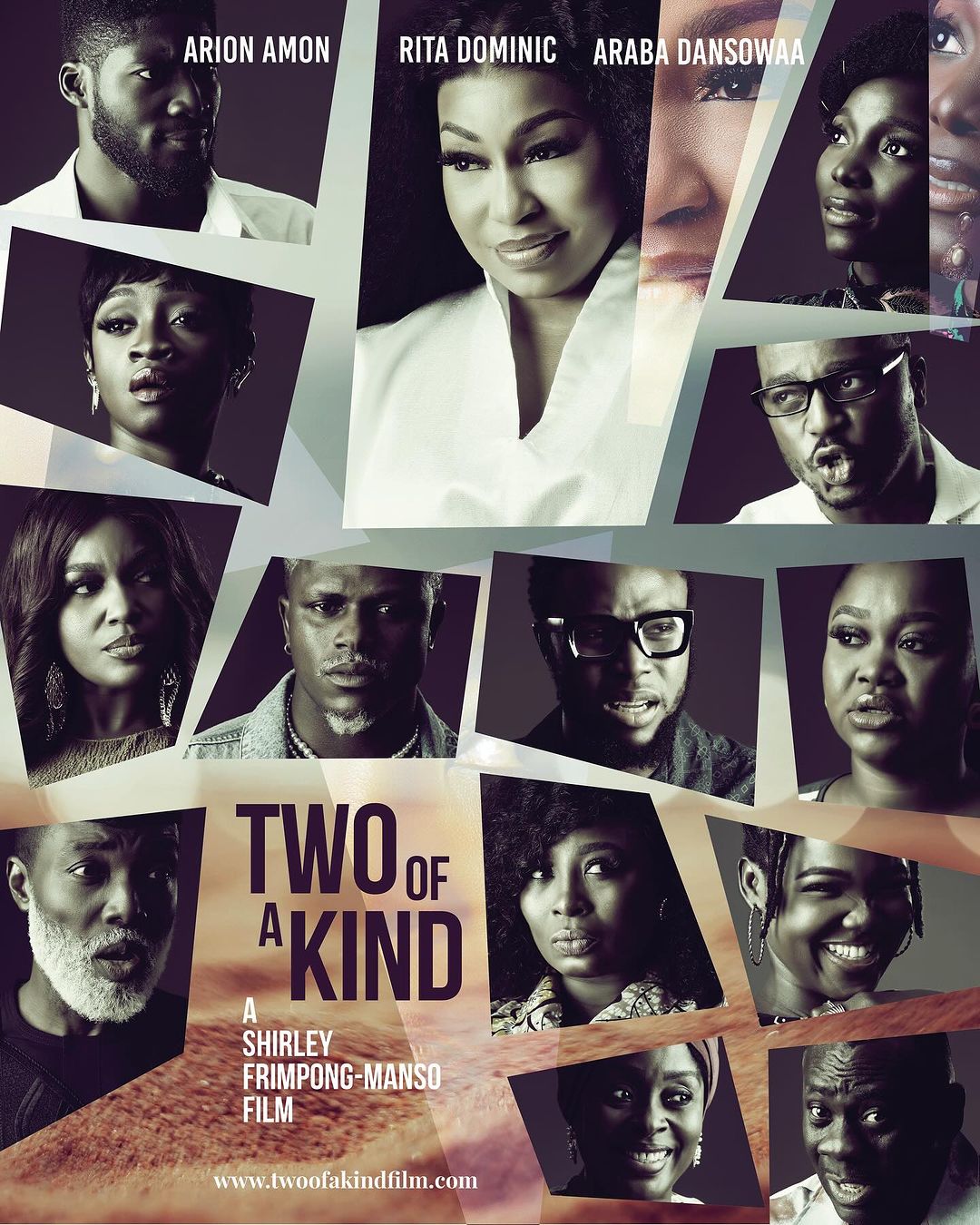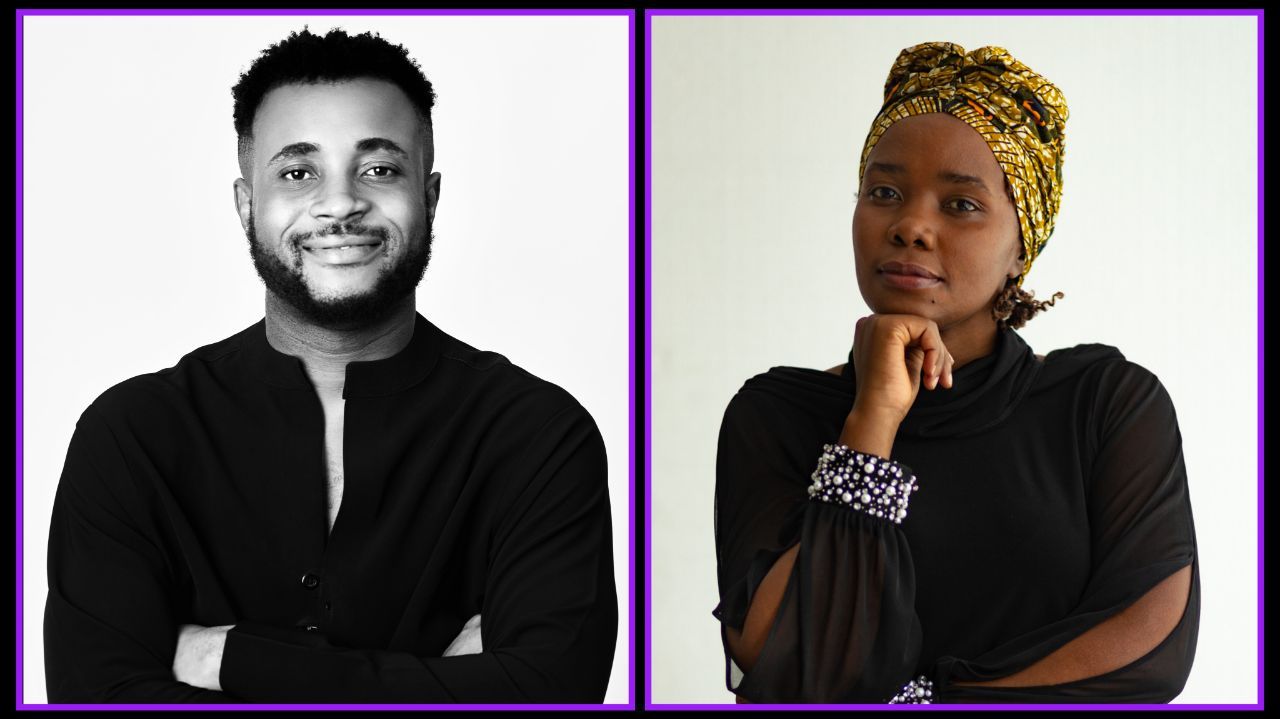Biennale College Cinema in Venice has announced the Kenyan-Nigerian project, “1 Woman 1 Bra“. The director-producer duo, Vincho Nchogu and Josh Olaoluwa worked on the project. It is the only African project selected for the 13th edition of the festival. This marks a significant achievement for African cinema on the global stage.
“1 Woman 1 Bra” is among 12 projects chosen for the 2024/25 Biennale College Cinema.
These projects were unveiled during the 81st Venice International Film Festival. The teams, consisting of a director and a producer, will participate in an initial 10-day workshop in Venice. This workshop will take place from October 8 to 17, 2024.
Nchogu, the Kenyan director, and Olaoluwa, the Nigerian producer, will present their first feature film project at the workshop. Afterwards, four of the 12 projects will be selected to receive up to 200,000 Euros in production funding.
Furthermore, these four films will premiere at the 82nd Venice Film Festival in 2025. This opportunity is another milestone for Nchogu and Olaoluwa. Consequently, they have previously participated in the Red Sea Lodge and Torino Film Lab.
The Biennale College Cinema is an advanced training lab that opens doors for filmmakers worldwide. It provides a platform for emerging voices in cinema and offers valuable resources to bring creative visions to life.
Nine of the twelve projects were selected from the Biennale College Cinema – International competition. Meanwhile, the remaining three came from the Biennale College Cinema – Italy competition.
In addition to “1 Woman 1 Bra”, other notable projects include “Agnus Dei” by Massimiliano Camaiti, a second-time feature director, and producer Giovanna Nicolai. Another selected project, “Badland”, comes from first-time feature director Mounir Derbal and producer Lorenzo Fiuzzi. “Becoming Human” by director Polen Ly and producer Daniel Mattes also made the list.
Further selections include “Last Time, Again” by Chinese director Di Zhang and Canadian producer Beryl Liu, “Orange Peel” by Italian director Anita Rivaroli and producer Marco Mingolla, and “Saving The Day” by Turkish director Serhat Karaaslan and French producer Laura Dahout.
Indian director Nidhi Saxena and producer Vimukthi Jayasundara’s “Secret Of A Mountain Serpent” was also selected, along with “Summer 1999” by Vietnamese director Hang Luong Nguyen and producer Dinh Le Minh Trinh.
Other featured projects include “The Booking” by American director Gabriella Moses and producer Sarah Wharton, “The Family” by Ukrainian director Hanna Jalali and Iranian producer Moeinoddin Jalali, and “Vanishing Bones” by French director Simon Rieth and producer Inès Daïen Dasi.


